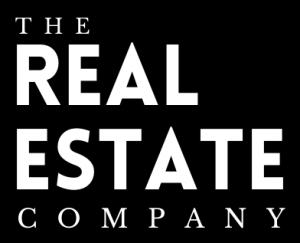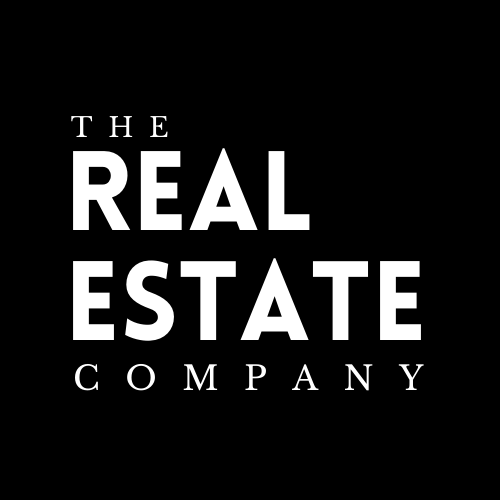 Buying a house has been a rite of passage for generations of Americans, but remember the hidden cost of owning and buying a home. It is getting more expensive. With so much money at stake, it’s important to fully understand the steps to buying a house. Here are some hidden costs you might run into, and some ways you could prepare for them.
Buying a house has been a rite of passage for generations of Americans, but remember the hidden cost of owning and buying a home. It is getting more expensive. With so much money at stake, it’s important to fully understand the steps to buying a house. Here are some hidden costs you might run into, and some ways you could prepare for them.
Does the House Need Repairs or a Cosmetic Overhaul?
According to a study from the National Association of Home Builders in the first year after buying a new home, homeowners cough up a bunch more money on furniture, appliances, and home repairs. How much exactly? We’re talking an additional $10,000+. Depending on the age and condition of the home, you are likely to run into things you want to update or have to fix.
Do You Need Appliances?
Additional spending after the home purchase is almost inevitable, yet it’s rarely discussed. While older homes typically cost less than new ones, maintenance and repair issues tend to crop up more often that take time and money to fix. If you are buying a new home the appliances should be under warranty and new. With an older home the need to replace an appliance can vary widely depending on the age and condition of the appliance. Most appliances cost several hundreds of dollars for the most basic models.
The Cost of Utilities
Paying utility bills is just something we all have to do. Be mindful about how much you pay for them each month. If you are going from an apartment where utilities were included, paying utilities could be a shocker. It can also be difficult to know what you should expect to pay when moving into a new home, especially if you are moving to a different state.
Utilities will include…
- Water and sewage
- Electric
- Garbage pickup
- Cable
- Internet
- Natural gas
Homeowners Insurance
If you were just paying renters insurance this new insurance will be more expensive. When buying a new home, the mortgage lender will require proof of homeowners insurance coverage. A homeowners insurance policy is a package policy covering…
- Any damage to your property, your belongings in it, and provides financial protection against certain disasters.
- It also provides personal liability protection for claims resulting from bodily injuries and property damage to others caused by an accident on your property or your personal activities elsewhere.
Homeowners insurance is definitely a cost you want to consider when buying a home. Policies and protections differ, so you want to be sure to find the right protection for your home at a reasonable price. The right policy for you will depend on your home, and how much coverage you feel is necessary.
Will You Have Homeowner Association Fees?
HOA’S are run by a board of homeowners and typically charge a fee that you will be required to pay monthly. The average HOA fee is about $300.00 monthly. They do all the landscaping, replace roofing and paint on the exterior. In addition, they maintain the club house, and the pool. You’ll probably join an HOA if you’re purchasing a home in a condominium development, townhome complex, gated community or any neighborhood where your association is in charge of upkeep of common areas. You might welcome reasonable HOA fees if you don’t want to mow your lawn, shovel your driveway or clean your gutters. But if you haven’t budgeted for the additional cost, you might have trouble coming up with the money you need each month for your mortgage payment.
Closing Costs and Other Fees
The house has to be appraised to find its fair market value, the property records must be checked to make sure the seller has full rights to sell you the home, the real estate agent has to be paid for her work, and so on. The seller might pick up some of these costs, but you’ll have to shoulder some of the burden. We’re talking about fees that, all together, can add up to a few thousand dollars. And you can expect the closing cost to run from 2% to 5% of your home’s value. Your mortgage lender must explain all the fees to you, so if anything confuses you, ask for more information.
Home Inspection
This is a must to make sure you’re not buying a home with major structural issues. A home inspection will take a few hours and cost up to $500-1,000+, but it can save you a lot of grief in the future.
Home Warranty
If you’re buying an older home with appliances that are no longer covered by manufacturer warranties, getting a home warranty could be a good call. They generally cost a few hundred dollars per year and protect things such as kitchen appliances, ceiling and exhaust fans, plumbing, the furnace, and the sump pump. Inevitably, you’ll face a major repair on your new home, so consider whether a home warranty will save you from that expense.
Maintenance and Repairs
Are you handy? Maybe you can paint the trim on the house to spruce it up. But if you want a remodeled kitchen you will need professional help. Be sure and ask your inspector to check the appliances during the home inspection and find out the age of the appliances so you have an idea of when you have to replace them. Depending on the level of coverage a home warranty cost can usually be paid monthly or in a lump sum. Sometimes the seller will purchase the warranty for one year in case something major goes wrong. Factor in maintenance such as yard work and tools, HVAC inspections, gutter cleaning and repairs, practicing preventative maintenance will save you money.
Remember it is not just the price of the home and the mortgage you are looking at as a homeowner. Having the full monthly cost in mind can help you determine whether the home you want to buy fits your budget.
Contact us (859) 979-1508) for a free consultation!
—
 About The Real Estate Company
About The Real Estate Company
Residential and Multi-family Realty Services for Lexington, Richmond, and Surrounding Areas. We close over 40 million in sales each year. Our love for Central Kentucky and our clients is the key to our success. We provide careful guidance, persistence, and savvy marketing to deliver results for our clients time after time.
> Learn More
